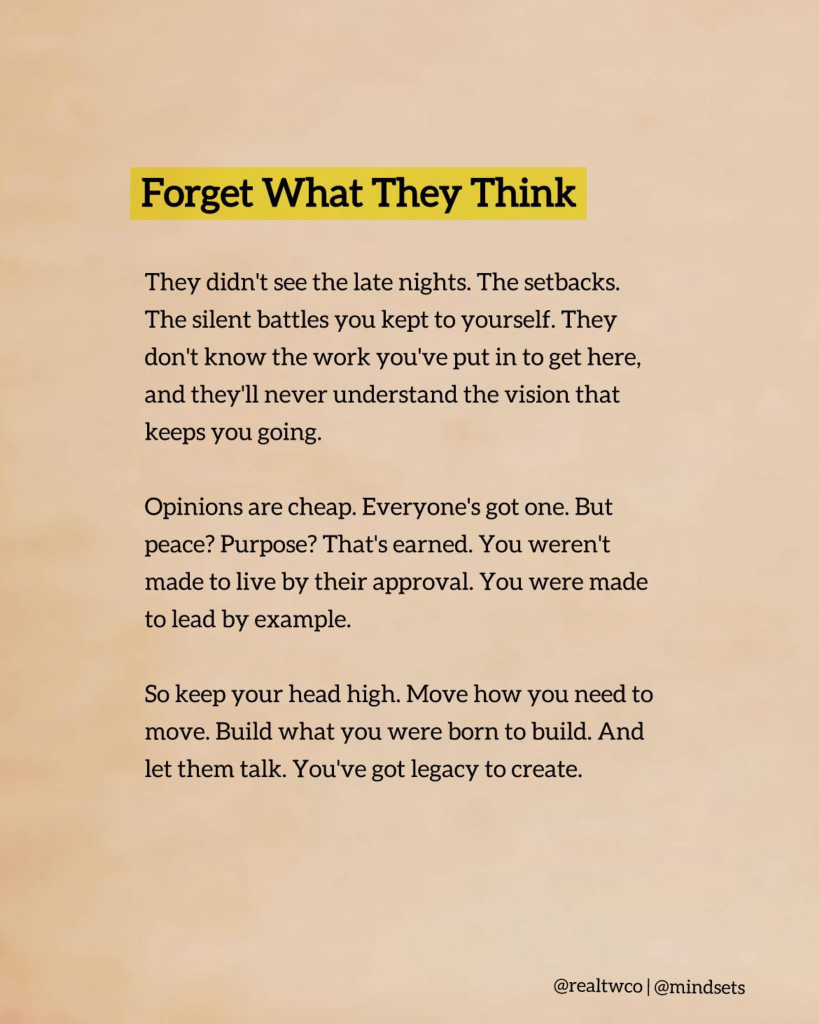"Excellent! A strong cast and plot. Impressive characterisation maintained throughout. Dialogue pacey and the interactions between characters were enthralling. Lighter moments brought laughter amongst the fiery scenes which were filled with emotion. A modern play with a relevant theme."
"Well, you did ask."
I am regularly asked about how I write and then, go about staging my plays. I found myself constantly repeating myself and worse, tying to remember it all! In response, I've created this page and the resource it contains.

Spoiler Alert. I'm not an expert or an authority on writing for theatre. I figured my approach by trial, error and then a bit more error. I also produce my own work, but not for profit. This flavours everything. Next, I have no delusions. I am tiny fish in a very big sea. But I am more than willing to assist if you think I might be able to. My time costs nothing and I am happy to share it around. I guess I've reached an age where knowledge has no monetary price and should be gifted on, so I hope this is of use.
Follow THIS LINK
It will take you to a Flipbook. It's free to read. No stupid adverts or links; nothing to buy or pop-ups to annoy. However, if you wish to use any of this, you must get in touch beforehand to seek permission. This is a resource, not a plagiarists paradise. It is also regularly updated. This latest version is dated 04/01/2026.
It has been a labour of love-ish! It is aimed at those who are new to writing for theatre or have a passion to try. Because of that, some of the points are painfully obvious. I am now up to sixty-seven bits of advice/observation within the book. I'm sure there are omissions. I'm sure there are things I've done that some would not dream of doing or need to. And there will definitely be things which may cause some to scream at the screen. But if what it contains helps one person, then it has been worth the effort. You will see that it lurches between page and performance. That is intentional because, the way I work, they are inseparable. PS: And if you can get through what the book contains, number 61 is a biggie for me.
Good luck in all that you do.

And remember,
You are more capable than you think you are.
Your ideas are just as valid as anyone else’s.
Having written your first sentence, you will have achieved far more than most.
Everyone who reads or sees your work will have an opinion. Live with it.
Love the process, love the experience, love the product and above all, love yourself for your achievements.
Every work, every page, every word, every thought. Be proud of them all. They are evidence of original thought and creativity. And they are all yours.
Latest News
'Darkness Visible' & 'Hallowtide' audience feedback (2025)
“Absorbing. Hallowtide stands out for its emotional depth, powerful storytelling. Filled with unpredictable twists and remains deeply engaging throughout. There’s an undercurrent of dark, ancient magic at play ... truly impressed.” CB July 2025. (Darkness Visible) “Very impressed with the suspense and intrigue it commands”, “Powerful writing”, “What a piece of writing ... simply superb”, “Tightly woven, compelling, gripping, chilling, unexpected.”
'Opposites in Common' feedback from the premiere (2024)
“Go and see this play, I've just been to the first night. It's a super script, two fabulous actors; it’s Martin's best work by far and the best play I've seen on a stage for a long time.” ... “Just home from seeing this ... OMG! 11/10! Not a dry eye in the house.” ... “Brilliant! Well done to all involved, very well written and amazing performances. I laughed a lot and cried! I was hooked all the way through! You should be very proud!” ... “ … credit where credits due. I had no idea the interval was coming. I didn’t want it to stop and the ending was so emotional” ... “The best play I have seen in a long time. Excellent."
'Ancient and Modern' & 'Last bus to Whitby - Feedback from the audience (2023)
“I saw these two monologue plays by Martin Paul Roche. Laugh out loud funny and also very thought provoking. Two excellent performances. Go and see it if you can. New plays on tour. Brilliant.” AND “Absolutely brilliant. Both performances did justice to your writing! Great plays, very poignant in parts but ‘laugh out loud’ comedic in others.”
'Where is the life?' Feedback from the audience (2023)
"We were there last night. It was absolutely brilliant. Sensitive, funny and absolutely heartbreaking. Moved us all to tears. Brilliant acting, brave choice of play. Loved it. Definitely not to be missed" ... "Congratulations guys. This play was brilliant. Such a rollercoaster of emotions. The cast and director did a great job" ... "Watched it last night and really enjoyed it" ... "Book now to avoid disappointment" ... "Utterly brilliant. Well done. Loved it"